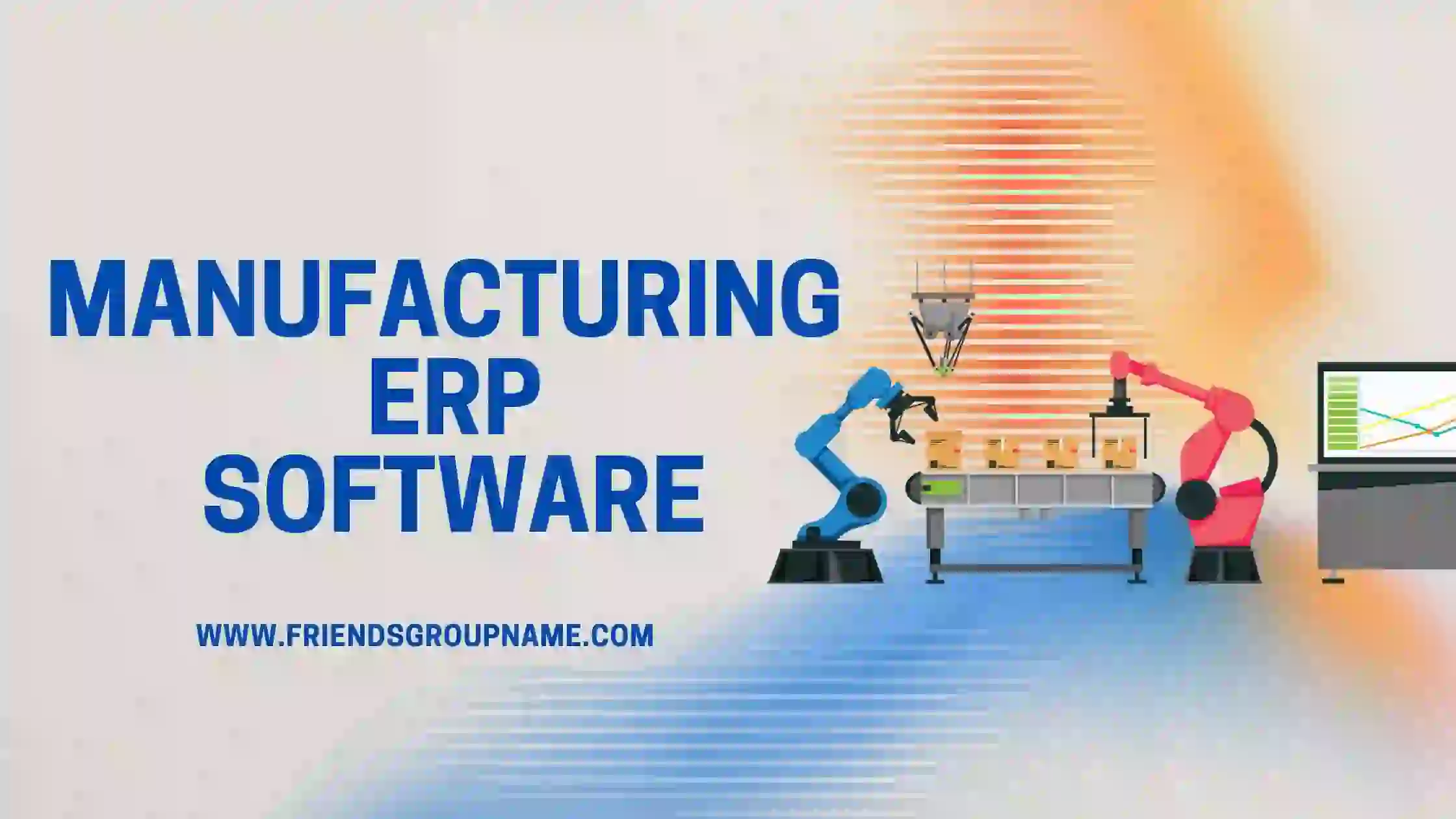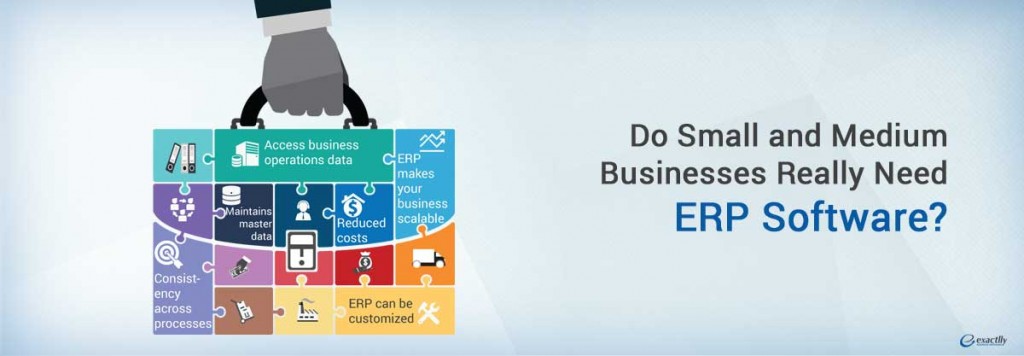Unveiling the Power of ERP Software for Small Manufacturing Businesses: A Comprehensive Guide
Introduction
In today’s competitive manufacturing landscape, small businesses face a unique set of challenges that demand innovative solutions. Among these, the implementation of an Enterprise Resource Planning (ERP) system stands out as a pivotal strategy for streamlining operations, enhancing efficiency, and driving growth.
What is ERP Software?
An ERP system is a comprehensive software suite that integrates various business functions into a single, centralized platform. It provides real-time visibility into all aspects of a company’s operations, from procurement and inventory management to production planning and customer relationship management (CRM).
Benefits of ERP Software for Small Manufacturing Businesses
1. Streamlined Operations
ERP software eliminates the need for multiple, disparate systems, creating a single source of truth for all business data. This streamlines processes, reduces errors, and improves communication across departments.
2. Enhanced Efficiency
By automating repetitive tasks, such as order processing and inventory replenishment, ERP software frees up valuable time for employees to focus on higher-value activities. This leads to increased productivity and reduced operating costs.
 .
.
3. Improved Decision-Making
ERP systems provide real-time access to comprehensive data, enabling managers to make informed decisions based on accurate and up-to-date information. This enhances strategic planning and reduces risks.
4. Increased Customer Satisfaction
By streamlining order fulfillment and improving inventory management, ERP software helps small manufacturers meet customer demands more effectively. This leads to increased customer satisfaction and loyalty.
Disadvantages of ERP Software for Small Manufacturing Businesses
1. Cost of Implementation
ERP systems can be expensive to implement, especially for small businesses with limited budgets. The cost includes software licensing fees, hardware upgrades, and consulting services.
2. Complexity
ERP systems can be complex to implement and use, requiring significant training and support. Small businesses may lack the technical expertise to manage the system effectively.
3. Customization Challenges
ERP systems are designed to meet the needs of a wide range of businesses, which can make it challenging to customize them for specific requirements of small manufacturers.
 .
.
Essential Considerations for ERP Software Selection
1. Business Requirements
Identify the specific challenges and pain points that an ERP system is expected to address. This will help narrow down the selection process and ensure that the chosen solution meets the unique needs of the business.
2. Budget
Determine the financial resources available for ERP implementation, including software licensing fees, hardware upgrades, and consulting services.
3. Scalability
Consider the future growth potential of the business and select an ERP system that can scale accordingly to meet evolving needs.
4. Vendor Support
Evaluate the reputation and track record of the ERP vendor, ensuring that they provide reliable support and ongoing updates.
FAQs
1. What are the key benefits of implementing ERP software for small manufacturing businesses?
- Streamlined operations, enhanced efficiency, improved decision-making, and increased customer satisfaction.
2. What are the potential drawbacks of implementing ERP software?
- High cost of implementation, complexity, and customization challenges.
3. How can small businesses overcome the challenges of ERP implementation?
- Conduct thorough research, set realistic expectations, and partner with an experienced ERP vendor.
4. What are the essential factors to consider when selecting an ERP system?
- Business requirements, budget, scalability, and vendor support.
5. How can ERP software help small manufacturing businesses improve their competitive advantage?
- By optimizing operations, enhancing decision-making, and increasing customer satisfaction.
6. What is the return on investment (ROI) of ERP software for small manufacturing businesses?
- Improved efficiency, reduced costs, and increased revenue.
7. How can small businesses justify the cost of ERP software implementation?
- By quantifying the potential benefits and demonstrating how the system will improve business performance.
8. What are the best practices for successful ERP implementation for small manufacturing businesses?
- Define clear goals, engage stakeholders, and establish a realistic timeline.
9. What are the common mistakes to avoid during ERP implementation?
- Underestimating the complexity, neglecting change management, and failing to secure buy-in from key stakeholders.
Conclusion
ERP software can be a transformative tool for small manufacturing businesses, empowering them to streamline operations, enhance efficiency, improve decision-making, and increase customer satisfaction. By carefully considering the benefits, drawbacks, and essential considerations outlined in this guide, small manufacturers can make informed decisions about ERP implementation and unlock the potential for significant growth and success.
 .
.

